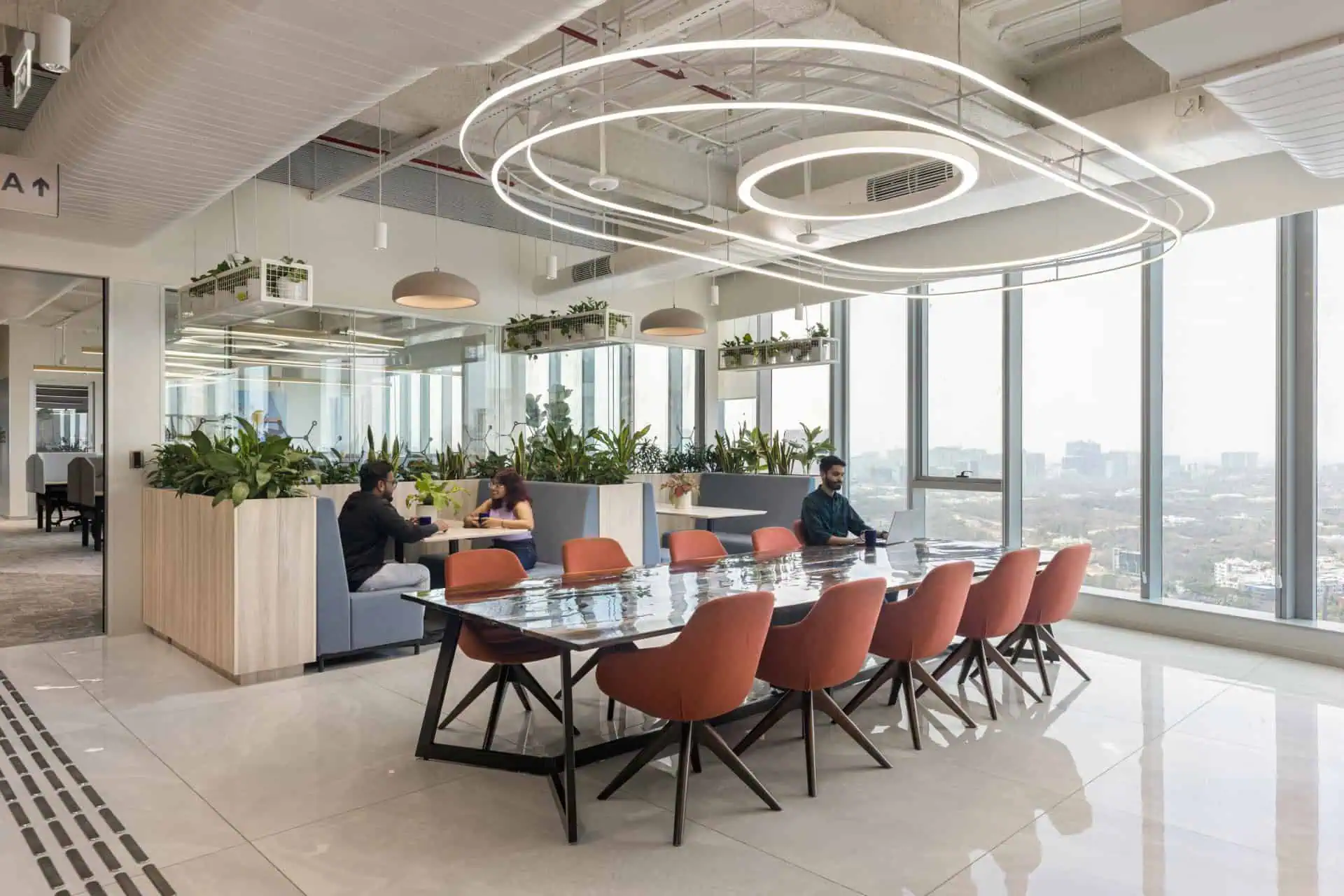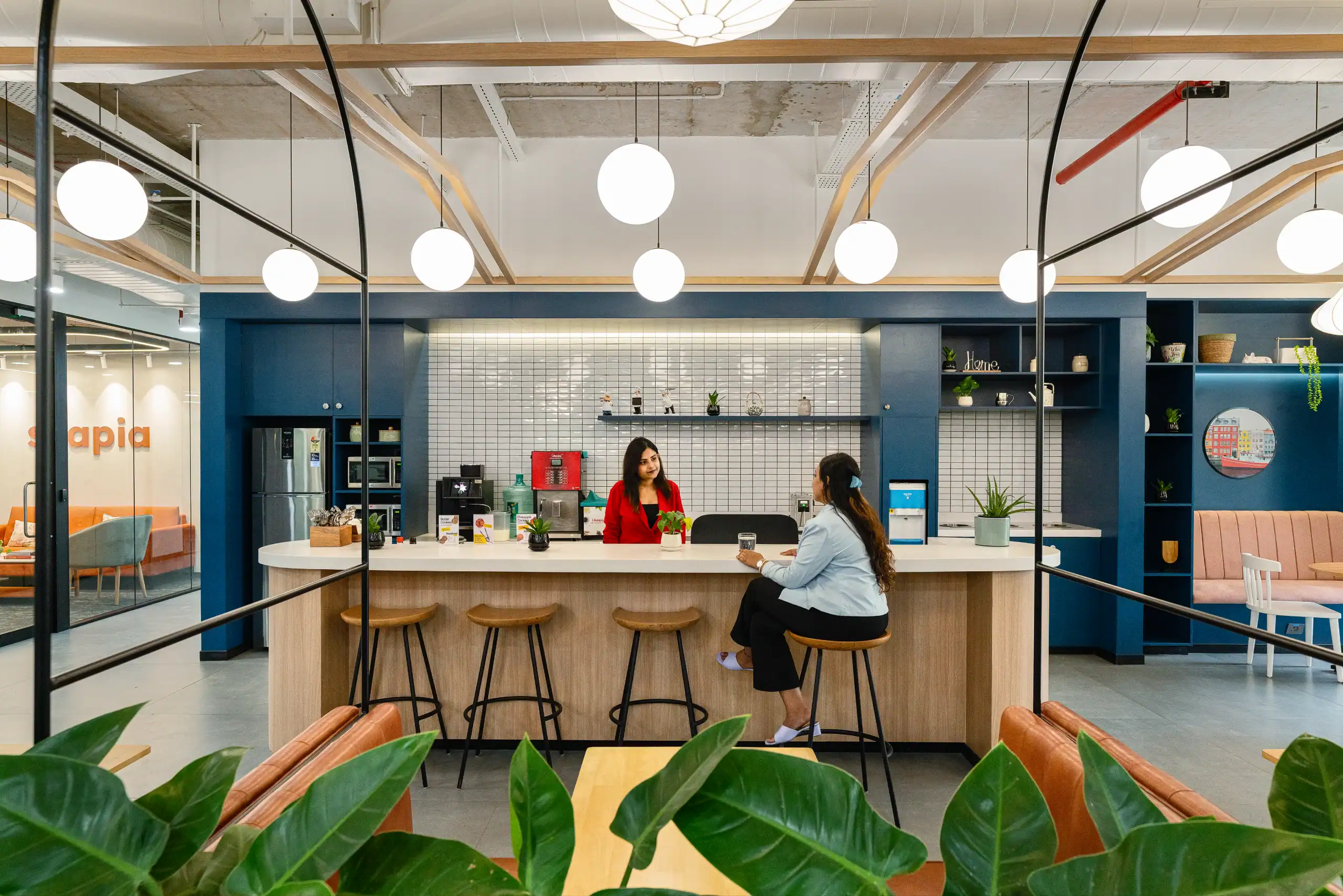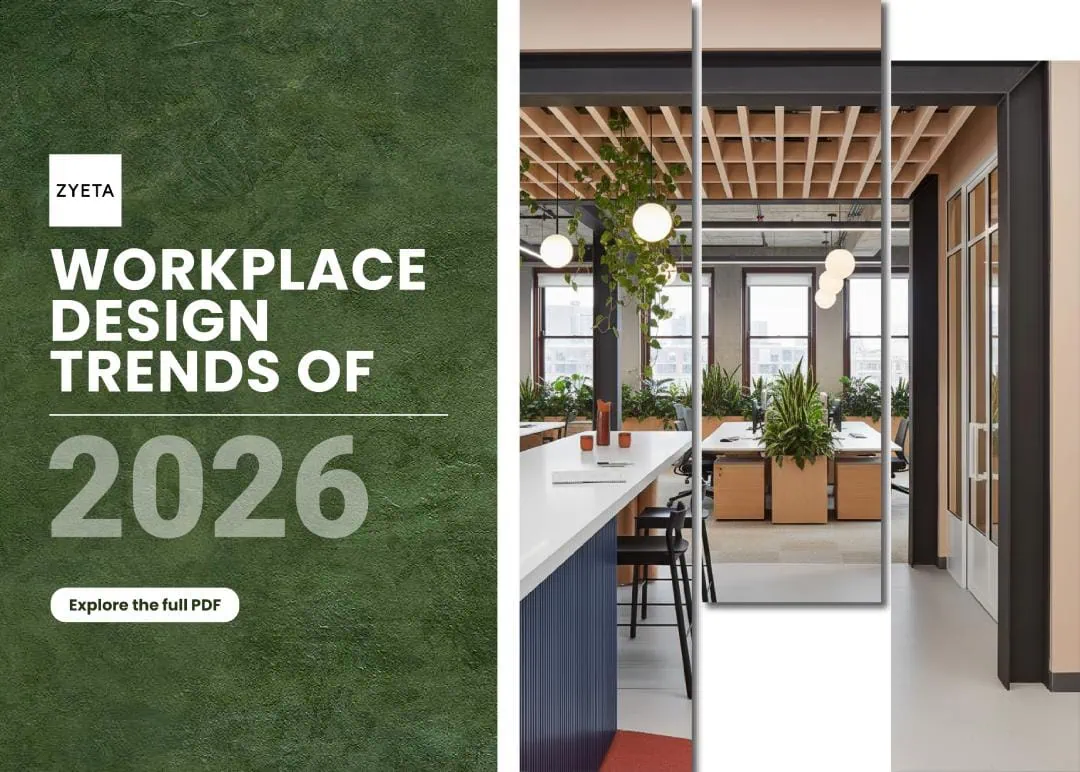In a world where work and life have merged their boundaries, taking care of mental health is much more crucial than ever. The workforce today is stressed; stressed with the change in work hours, modes of operations, fear of the disease and the Covid19-led uncertainty. While employees try to juggle between personal and professional responsibilities, the onus is on to the businesses to nurture a work environment promoting employee mindfulness and wellbeing.
The Covid19 chaos
Yes, there is a lot of chaos around us! The pandemic has not only changed the way we work but also has put stress on the way we live. We are stuck in time with a series of crisis- economic, health, social and political. But none of us has stopped; none of us has given up! People are trying to adapt to this new normal and work to render the best results. Therefore, this is the time leaders and managers must take a humane approach to deal with people. This is the time to support employee mental health and manage their vulnerabilities.
Tough times will come and go, but one thing that’s going to remain is the backbone of your business- your people. This is the time to prioritize their needs; to foster a culture that makes them feel heard and cared for in these uncertain times. But prioritizing employee mental health does not end at HR programs and motivational Zoom calls; instead, it starts from there. Leaders and managers must focus on building mental resilience among employees.
The strategy to build resilience
Mental wellbeing at work reflects the empathetic quality of companies and their quest to create a thriving and resilient culture. This will not only help people to deal with the shortcomings better but more importantly, reduce the work-related mental as well as an emotional burden, thus helping them focus more effectively on work.
Here’s a detailed insight to managing employee mental health more efficiently:
Initiate a dialogue

The brighter side of the pandemic is that it has normalized discussions around mental health. It is no more a taboo when most of us have experienced certain levels of emotional discomfort. Thus, managers or stakeholders at the apex of the industry can leverage this and initiate dialogues among teams to discuss job-related stress. Facilitate healthy discussions around work-related issues and look for solutions to minimize stress and anxiety among your people.
Studies suggest that employees who were not good at communicating have been 23% more likely to experience mental health stress than others.
Avoid Workplace Burnout

If businesses fail to build resilience and mental wellbeing among employees, the prolonged work-related stress will result in employees feeling emotionally drained and eventually workplace burnout kicks in. Thus, do not just say that you care for them; take initiatives and strategize a damage control.
Build a community, not just a workforce

Yes, there is a difference between the two. When you care for employees based on their diverse needs and make them feel included in the culture, a community feeling is established making everyone care for each other. With the Covid19-led curbed social interactions, knowing each other’s struggles and issues are further reduced. Thus, community building comes in handy, helping people to share and care for each other.
Promote Mindfulness and wellbeing

Prioritizing proactive and preventive workplace mental health through training for employees at different levels can prove to be extremely helpful. Mindfulness training not only helps people to debunk preconceived notions of mental health but also realize their issues and work towards the same. Organizing individual counselling sessions and roping in mental health counsellors to help the workforce are other ways to build mental resilience at the workplace.
All in All
Businesses must realise that we will never go back to the times when the pandemic did not exist. Even when we get back to work, the emotional sensibilities of the workforce would be different. Therefore, businesses must use this opportunity to build a mentally resilient workforce and work culture. Not only that, but this is also an opportunity for corporates to level up their workforce by helping the people to attain emotional and mental balance and be better versions of themselves when they return to office post-pandemic.
Related read: The Correlation Between Design and Mental Wellbeing at Work






